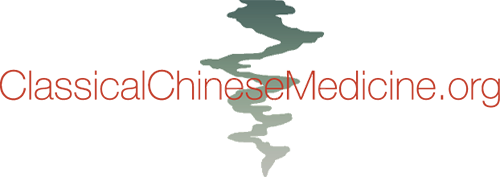Gao 皋: The “God” of the 5th Month and Its Defining Relevance for Heart Function in Chinese Medicine
BY HEINER FRUEHAUF
National University of Natural Medicine,
College of Classical Chinese Medicine
The article delves into the significance of "Gao" (皋), the "God" of the 5th month in Chinese cosmology, and its deep connection to heart function in Chinese medicine. Drawing from ancient texts, Heiner Fruehauf explores the multifaceted meanings of "Gao," linked to imperial ranks, the sacred Mt. Song, and spiritual rituals. The month’s symbolism revolves around themes of prayer, sacrifice, and connecting with the spiritual realm, reflected in natural phenomena like the praying mantis and shrike. This exploration illuminates the heart's role in Chinese medicine, symbolizing calmness and spiritual connection, providing a rich, holistic understanding of health and vitality.
